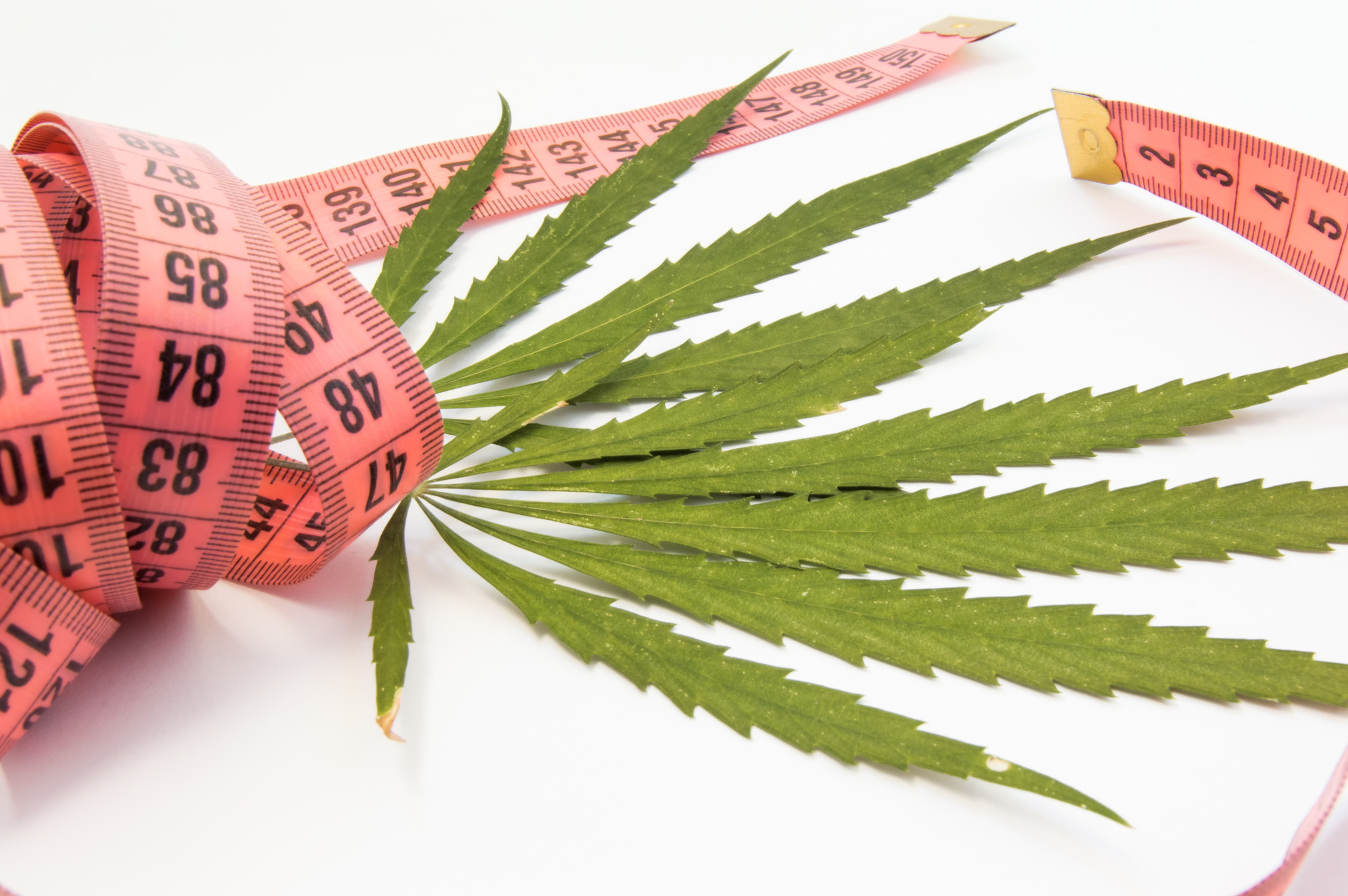According to science, you might want to swap out that nightcap for a couple of puffs or bites of a THC infused brownie. With the legalization of cannabis quickly on the rise in my countries, there’s been a closer probing of the substance’s pros and cons. One thing that’s clear is that alcohol is much more damaging to the human brain than cannabis is, breaking loads of myths and stereotypes that have been perpetuated over the decades.
Just 3 years ago in 2015, 33,171 Americans died with alcohol as the cause. There were zero documented mortalities from cannabis usage. This substance that your mother called a “gateway drug” is actually vastly less addictive than alcohol is.
In terms of diseases, while alcohol is linked to a variety of cancers, cannabis isn’t. Drinking just a glass of wine or beer every day can increase chances of breast cancer, and the US Department of Health has alcohol on its list of carcinogens.
Switching substances could also be a matter of life and death when it comes to examining how active ingredients affect users when driving a car or operating machinery. Detectable THC levels found in the blood actually don’t increase the risk of a car crash, while a blood alcohol level of just .05% increases that risk by a staggering 575%.
A multitude of studies connect alcohol to domestic violence and generally violent tendencies, due to reduced functioning of the prefrontal cortex, which causes aggressive behaviour. But cannabis generally calms people down, and studies indicate that cannabis users are much less likely to commit domestic violence than those who don’t partake in the substance.
Alcohol is relatively high in calories and contributes to weight loss, which cannabis (even though it can invoke a mean case of the munchies), is actually proven to help mediate weight and even facilitate weight loss and a slightly reduced obesity risk… So those that preach about fitness but indulge in that extra glass of beer instead of a joint might be putting their foot in their mouth pretty soon.
All in all, the main reason that people aren’t partaking in the herb more is due to centuries of taboo thanks to the illegal status of cannabis. But this also means that studies regarding long-term health effects have been limited, and both researchers and the public are only being truly enlightened in recent times.


